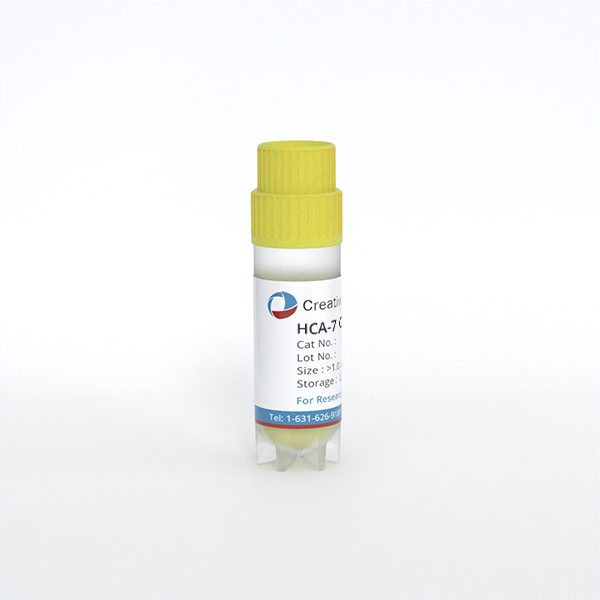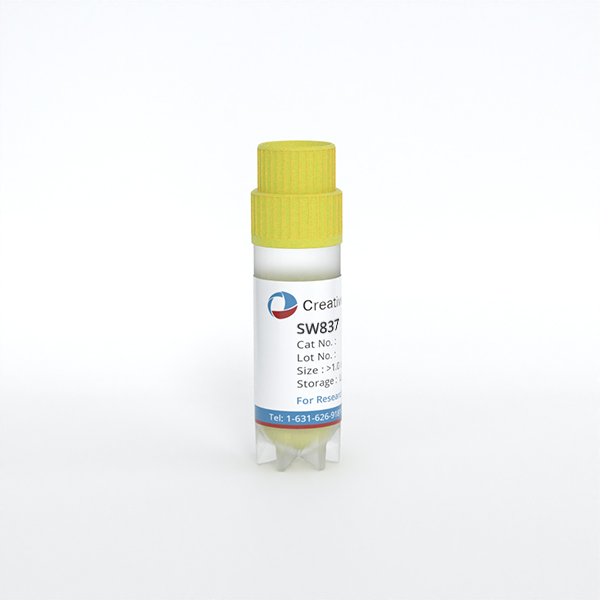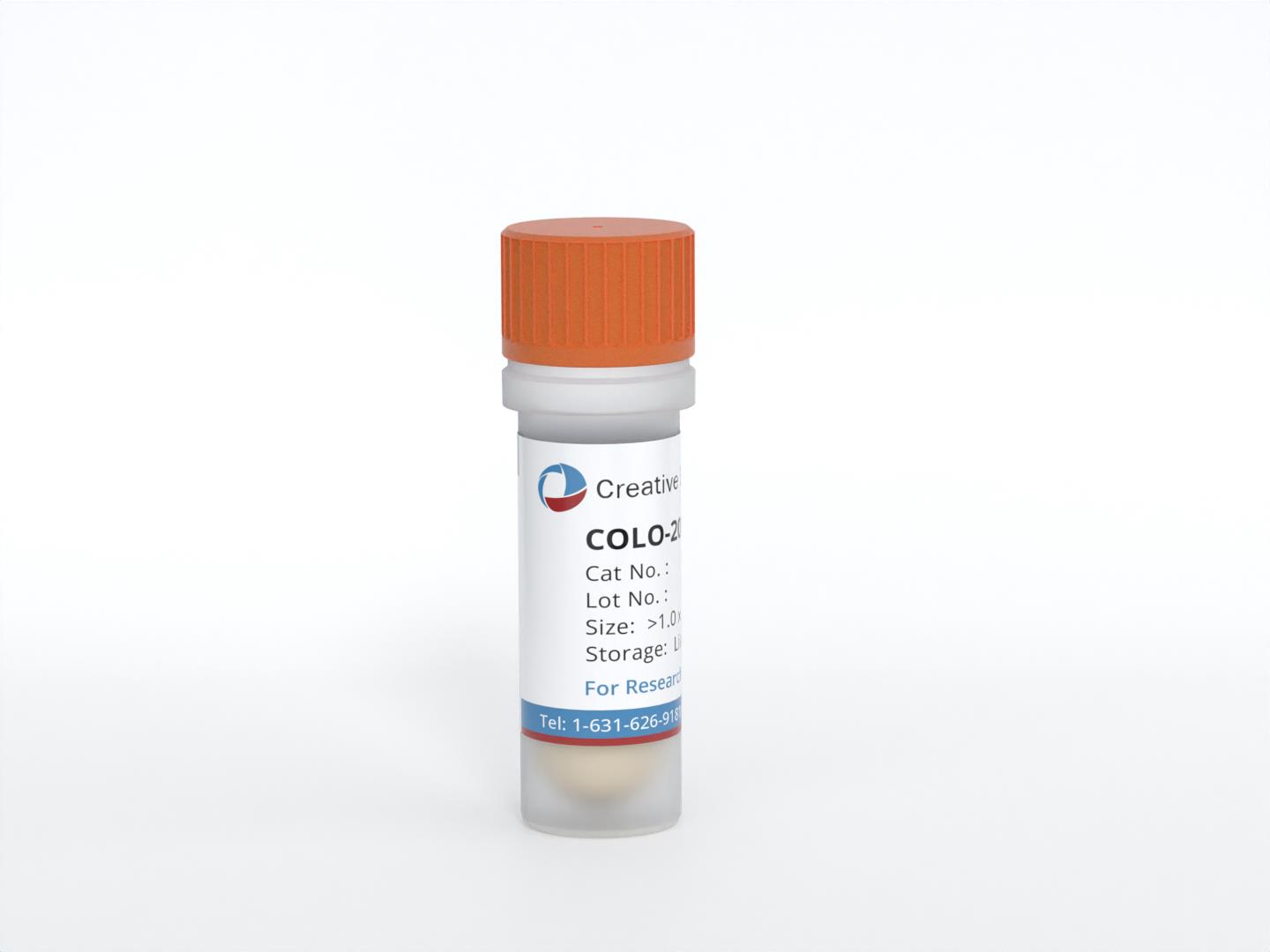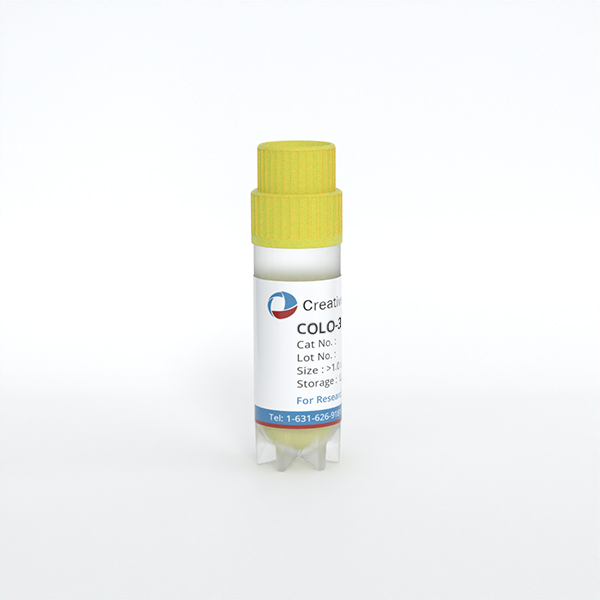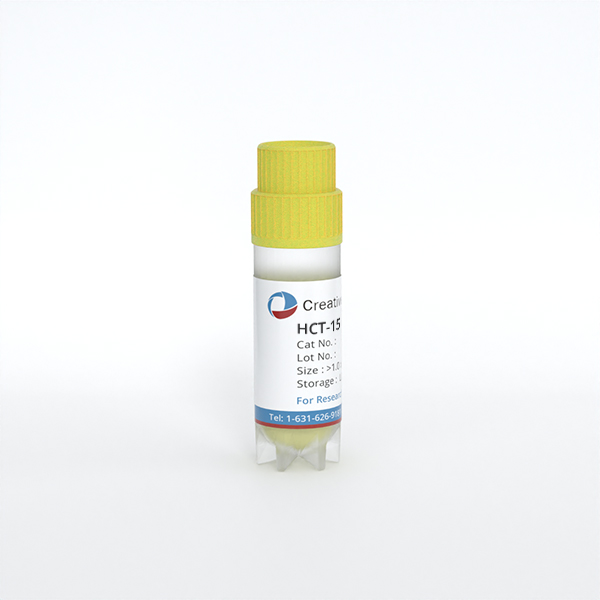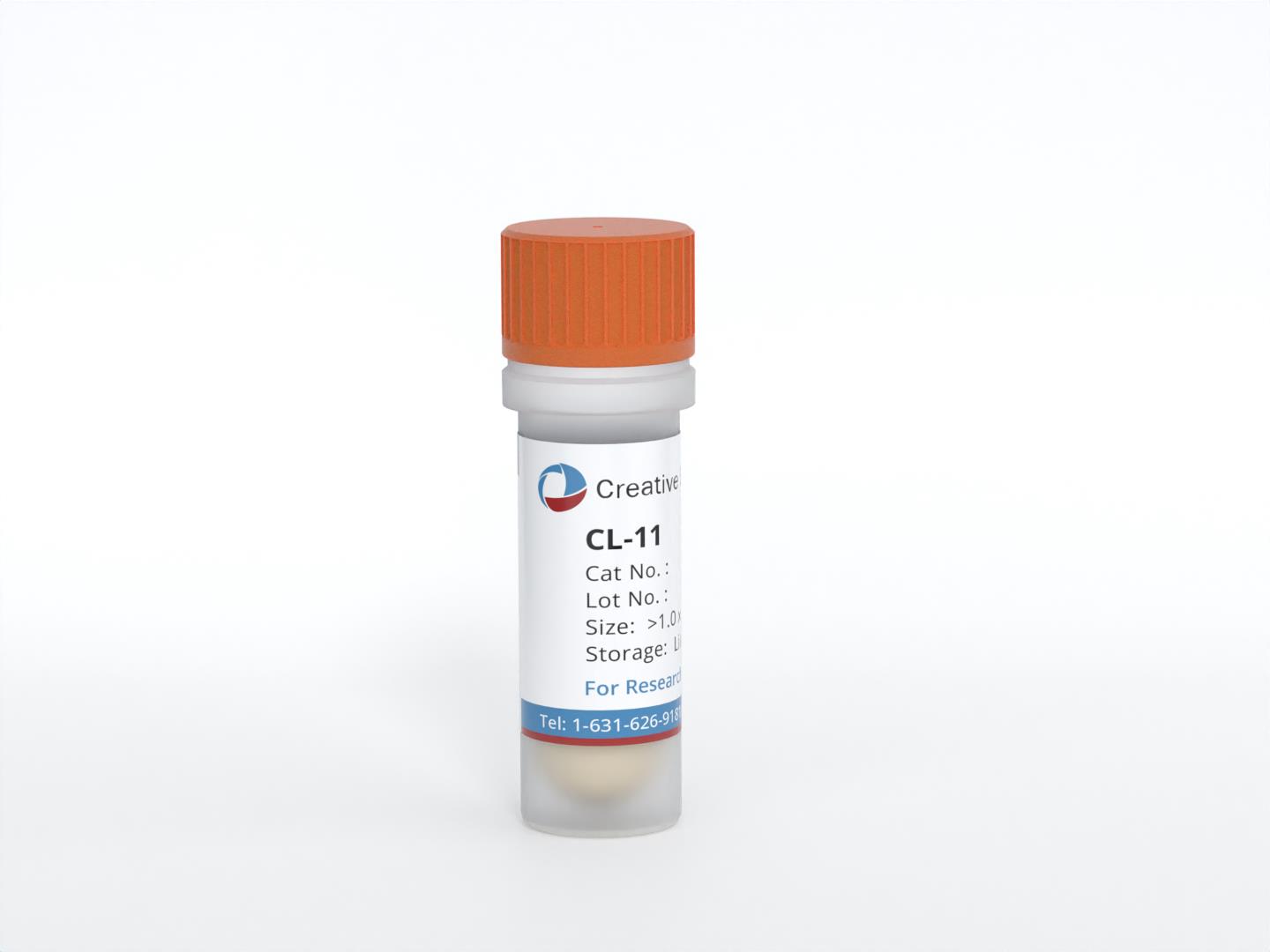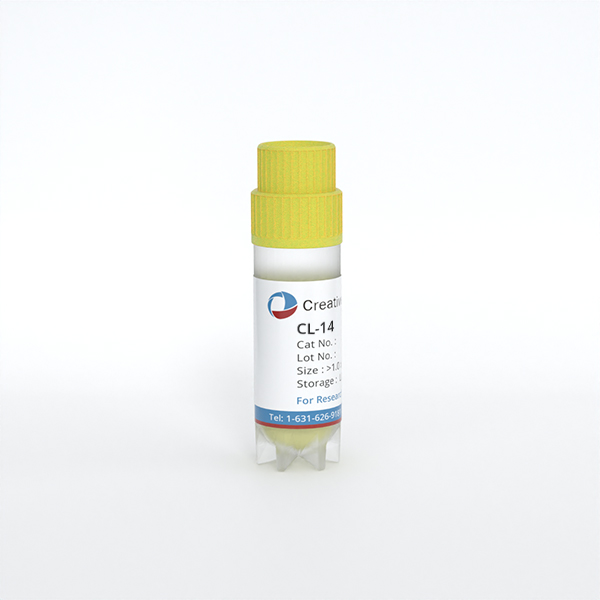Description
The human colon cancer cell line, HCA-7 Colony 29 expresses Cox-2. An interesting feature of this cell line is that it forms polarised epithelial sheets which allows examination of the trafficking and release of biomolecules in vitro. Cyclooxygenases (COXs) are key enzymes in the conversion of arachidonic acid to prostaglandins and other eicosanoids. It has been found that colonic polyps and cancers overexpress Cox-2 and that the inhibition of this enzyme by nonsteroidal anti-inflammatory drugs decreases the risk of colonic neoplasia. This cell line is useful for studying the role of Cox-2 in cancer cell biology and the investigation of colorectal epithelial cell polarity. Imperial College Innovations has stated that this cell line is not to be supplied to commercial organisations.
Recommended Medium
DMEM + 10% FBS + 2mM L-Glutamine + 110mg/L Sodium Pyruvate (NaP)
Storage
Liquid Nitrogen (-180 °C).
Storage and Shipping
Creative Bioarray ships frozen cells on dry ice. On receipt, immediately transfer frozen cells to liquid nitrogen (-180 °C) until ready for experimental use. Never can cryopreserved cells be kept at -20 °C.
Citation Guidance
If you use this products in your scientific publication, it should be cited in the publication as: Creative Bioarray cat no.
If your paper has been published, please click here to submit the PubMed ID of your paper to get a coupon.
What are the areas of application of cell culture?
It can be applied to gene therapy, stem cells, cloning technology.

